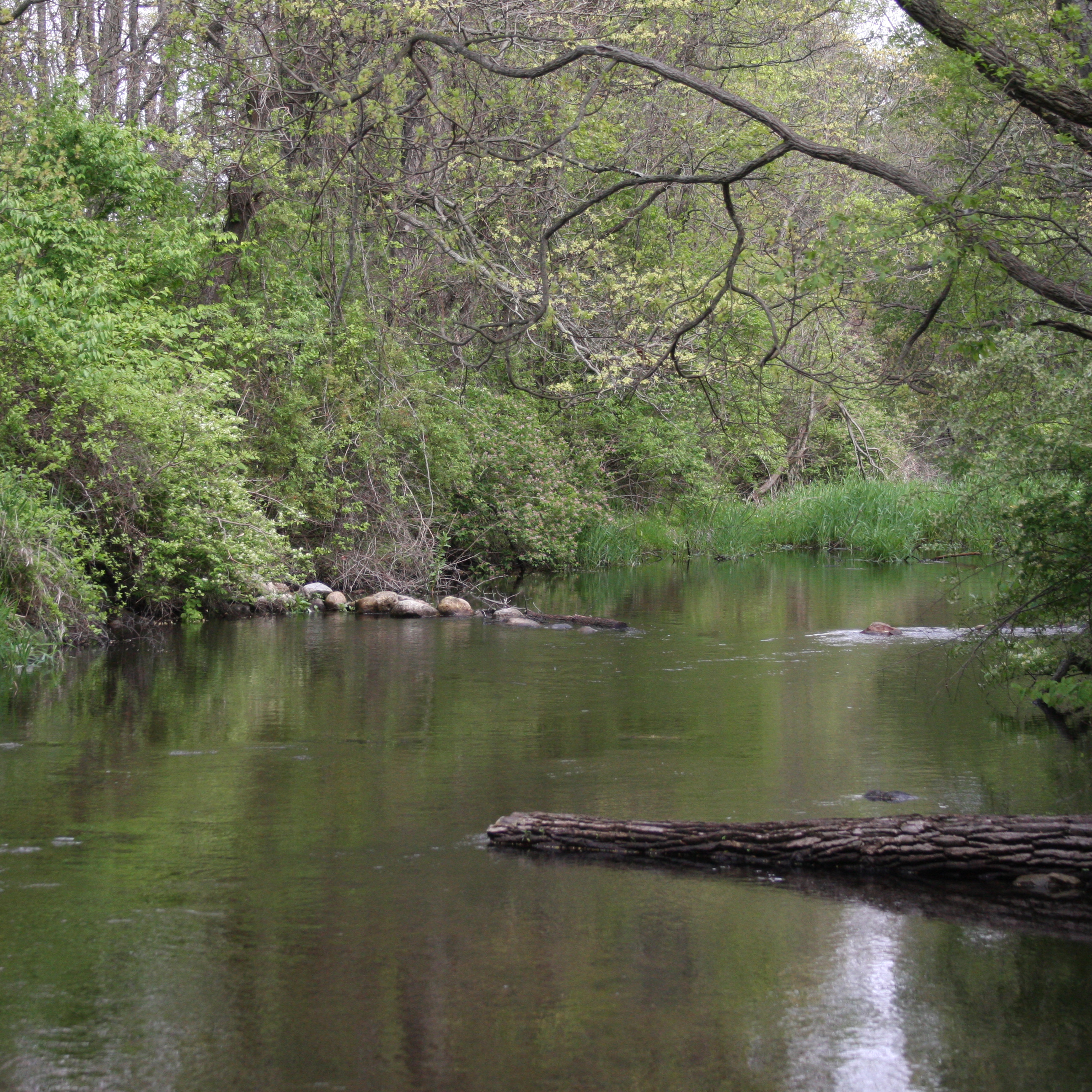
Healthy Waters
Clean water is one of the most important resources we have. Even if you’re not next to a stream or a lake, the water used in homes and on land – the way we live – still has serious impacts on the health of rivers, streams, wetlands, and lakes. Simple things including properly disposing of unwanted medicine, choosing personal care products thoughtfully, switching lawn care techniques, and avoiding single use plastics all help to keep waters healthy.
Programs & Initiatives
Master Watershed Steward Program
Many states around the country offer Master Watershed Steward programs that train volunteers in the basics of maintaining and enhancing water resources. In Illinois and Indiana, the Master Watershed Steward program is open to all residents in both states and especially those who live, work, or play in the coastal counties of Lake Michigan.
See MoreUnwanted Medicines
Unwanted medicine and personal care products can impact water quality—the water that we drink, bathe in, and use for recreation. Most of us do not use all of the medication and personal care products that we buy, and many of these chemicals are not regulated for safety, long-term health impacts, or environmental damage. Using the sink, toilet, or trash for disposal can put people, animals, and the environment at risk. So that raises the question—how do we safely use and dispose of these products?
See MoreNatural Lawn Care
Maintaining a healthy lawn can be an important aspect of homeownership, but sometimes conventional lawn care practices negatively impact our water resources. For example, fertilizers and pesticides that are used to grow thick green grass can run off your lawn into nearby stormwater drains and pollute local waterways. The solution is to create an attractive and environmentally-friendly landscape using natural lawn care principles promoted by IISG’s Lawn to Lake Midwest program. This program reduces polluted runoff in our waterbodies and enhances a lawn’s natural ability to thrive.
See MoreNutrient Loss
The Illinois Nutrient Loss Reduction Strategy is a blueprint for improving water quality at home and all the way down to the Gulf of Mexico by reducing nitrogen and phosphorus losses from farm fields, city streets, and wastewater treatment plants. Released in 2015, the strategy outlines a suite of voluntary and mandatory practices that are expected to ultimately cut nutrient loading to rivers and streams by 45 percent.
See MoreContaminants of Emerging Concern
Contaminants of emerging concern (CECs) are substances found at low levels in the environment, but impacts on humans and aquatic life are unknown. Pharmaceuticals, per- and polyfluoroalkyl substances, and endocrine disrupting chemicals (i.e., BPA, flame retardants) are the most well-known CECs. Research on CECs is key to ensuring healthy water resources—to determine ecosystem and human health effects, detectable and safe limits, and prevention and remediation techniques. The annual Emerging Contaminants in the Environment Conference, co-coordinated by IISG, provides a platform for researchers, policy-makers, and extension and outreach professionals to share their work on CECs with their colleagues.
See MoreMicroplastics & Marine Debris
Have you ever walked along the beach on Lake Michigan or the shores of a river and seen trash at your feet? You might be surprised to learn that the problem of plastic pollution goes deeper than what you’re seeing. The ecosystem impacts from microplastics and marine debris are a growing area of research, but we already know that microplastics and marine debris are a threat to our waterways. Scientists estimate that millions of tons of plastic are entering our lakes, rivers, and oceans every year, and much of this plastic pollution is preventable.
See MoreGreat Lakes Region PFAS Scoping and Competitive Research
PFAS are a suite of more than 90 manufactured “forever chemicals” that are persistent in nature and toxic to many organisms. While state and tribal agencies are already engaged in monitoring and remediation efforts, there are likely unknown challenges associated with understanding risks and cleaning up contaminated sites. Through this initiative, Illinois-Indiana Sea Grant will lead a regional research effort to fill in key knowledge gaps related to social or economic impacts of PFAS exposure or remediation. Expected outputs from this work include a report from a regional scoping effort, a competitive request for research proposals, and support of four research projects.
See MorePublications
Research Projects
Illinois-Indiana Sea Grant funds original research projects that support and complement our education and outreach activities. The link below will take you the Healthy Waters section of our funded research database, where you will find project descriptions, contact information, and final reports and publications.
See All Related Research & Projects